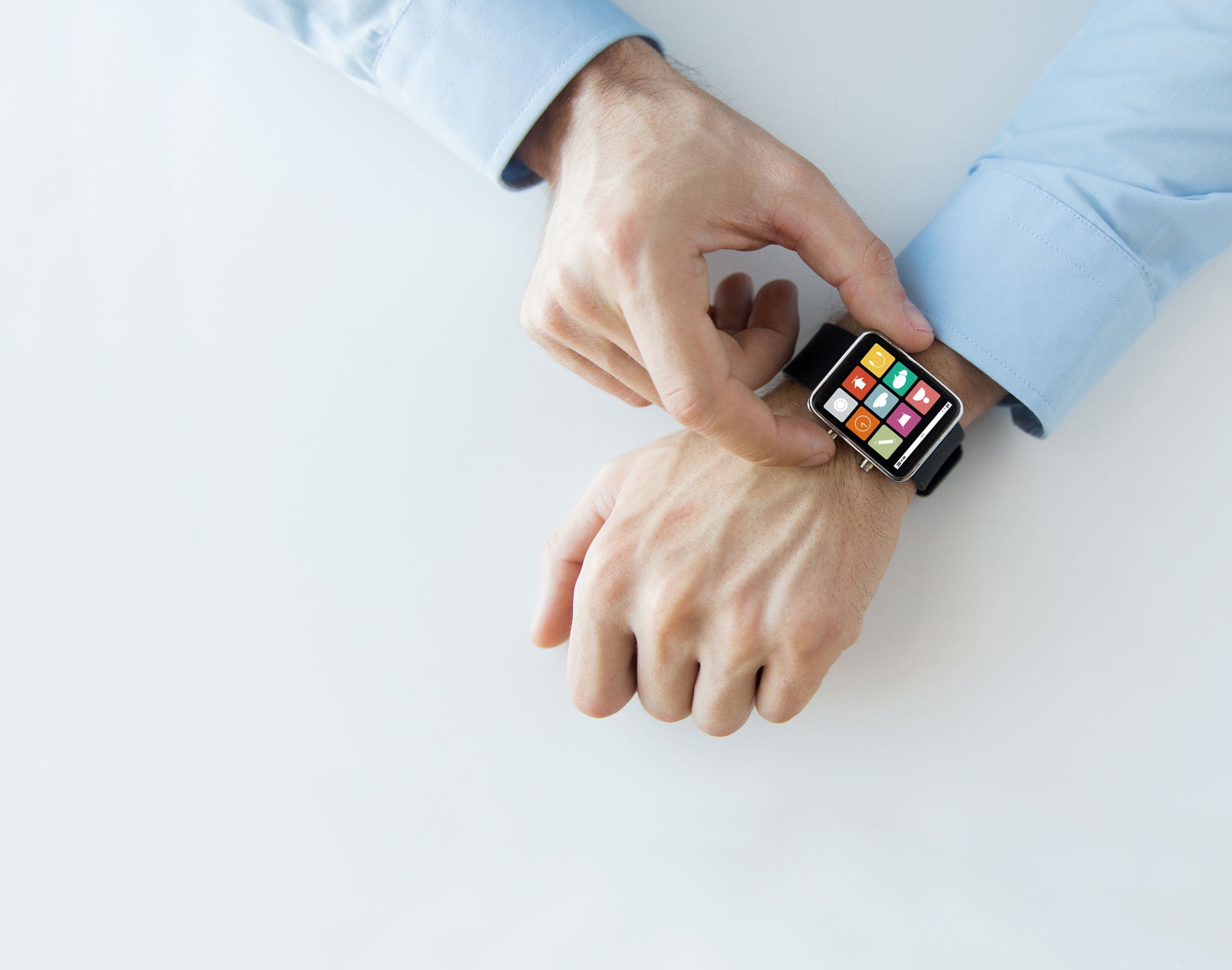
Alzheimer’s Research UK has announced a new project harnessing wearables to “revolutionise the early detection of neurodegenerative diseases” such as Alzheimer’s and dementia.
There are currently 850,000 people living with dementia in the UK, and globally the numbers of people living with the disease is expected to increase from 50 million in 2018 to 152 million in 2050, according to Alzheimer’s Research UK.
The project aims to secure at least £67m over the first six years, with the goal of raising up to £100m of by 2030.
It has already been backed by Bill Gates and Iceland Foods Charitable Foundation.
The charity’s President, ex-UK Prime Minister David Cameron, hosted an event to launch the Early Detection of Neurodegenerative diseases (EDoN) initiative at the World Economic Forum in Davos last month.
Wearable devices such as smart watches can be used to collect various types of data, such as movement, speech and sleep. By collecting and analysing this data, researchers hope to be able to map signs of the disease years before symptoms develop.
How well do you really know your competitors?
Access the most comprehensive Company Profiles on the market, powered by GlobalData. Save hours of research. Gain competitive edge.

Thank you!
Your download email will arrive shortly
Not ready to buy yet? Download a free sample
We are confident about the unique quality of our Company Profiles. However, we want you to make the most beneficial decision for your business, so we offer a free sample that you can download by submitting the below form
By GlobalDataWearables to assist with Alzheimer’s, dementia treatment
There is currently no cure for Alzheimer’s, but researchers have found that preventative treatment is most effective when given as early as possible. The charity is therefore partnering with a number of organisations with the aim of using smart devices to identify very early changes to the brain and improve patient care and treatment.
Carol Routledge, Director of Research at Alzheimer’s Research UK, said:
“Developing digital fingerprints that can be detected using phone apps or wearable technologies like smart watches would provide a low-cost approach to identifying those most at risk of disease.
“Identifying the very earliest changes in these diseases would transform research efforts today, giving us the best chance of stopping these diseases before the symptoms of dementia start to get in the way of life.”
EDoN is also partnering with the Alan Turing Institute, the UK’s national institute for data science. Artificial Intelligence can provide insights into dementia by analysing digital data along with other data sources.
EDoN will also make use of the Accelerating Detection of Disease cohort, a group of up to 5 million people who act as a test bed for “data-driven discovery”.
Mark Frankish, Data Scientist at SAS UK & Ireland:
“Connected devices will revolutionise healthcare. The new data produced could soon boost the search for new cures and breakthroughs in patient care.
“This new stream of lifestyle data offers huge potential to healthcare professionals when it comes to supporting decision making and improving patient outcomes. But healthcare providers must have a plan in place in order to avoid being buried in large volumes of data.
“The current data mentality in the NHS will need to shift if this new data is to be used to its optimal value. Every member of staff, from clinicians to administrators will need to understand and trust recommendations achieved via analytics and AI, and be able to explain these to patients. Only through cultural change can technology bring about the next era of patient care.”
Read more: Wearable medical devices: Ungluing the fact from the fiction.







